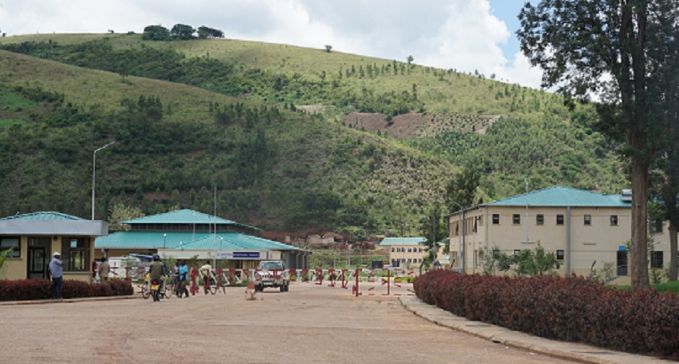The Kagitumba One Stop Border Post (OSBP) linking Rwanda and Uganda is fully operational on a 24-hour basis. The completion of expansion works started in 2013, financed by Trademark East Africa under the support of both governments.
The revamped border post facility cost $7.8 million to construct; it contains sections for customs and migration offices, Police post, customs inspection shed and warehouse, Clearing and forwarding offices, internal access roads that direct the movement of cargo and people, parking yard, as well as three bridges - for heavy trucks, pedestrians and other cars among others.
The Citizens of Rwanda, Uganda and the region who use Kagitumba OSBP affirm that the facility has eliminated double clearing on both sides of the borders and ultimately reduced the time it took to cross borders, hence easing transport and moving of people between two countries.
Uwimbabazi Zelda, a citizen of Gatsibo district testifies that the OSBP has played a significant role in terms of border crossing movements. “Before the completion of the OSBP we used to be checked twice, we were supposed to get out from the bus on Rwanda side and before entering Uganda office” Zelda said
Previously, Kagituma border post was avoided by many business people due to poor structural facilities at the station and a poor road network on the Uganda side, at that time traders preferred to use Gatuna border post but currently traders applauds facilities found at the one stop border post including banks, insurance companies, restaurants and Forex Bureau that facilitate travers who use that route.
The One Stop Border Post facilities are meant to improve the efficiency of custom clearance procedures that ease the flow of goods across borders; they significantly improve productivity and competitiveness, as well as contribute to raising government revenues, increase business and income opportunities and have significantly reduced non-tariff barriers in the region.

 ENGL
ENGL KINY
KINY